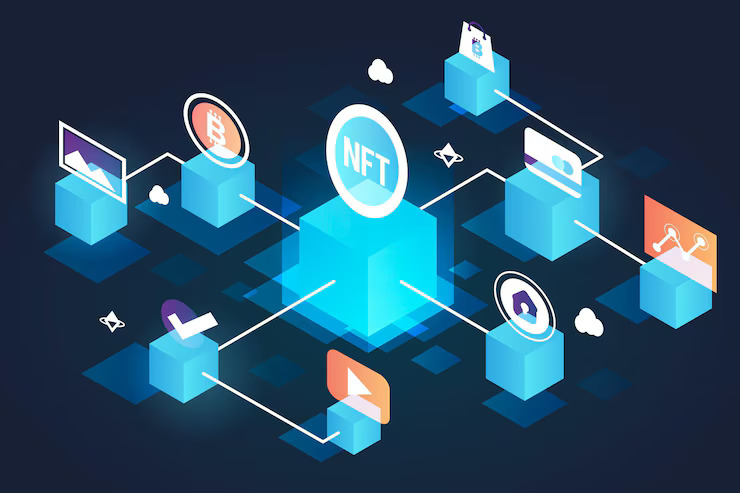Cryptocurrency has emerged as a revolutionary force reshaping traditional finance and paving the way for decentralized financial systems. Read More
Cryptocurrencies like Bitcoin and Ethereum laid the foundation for DeFi, offering decentralized, peer-to-peer alternatives to traditional financial services. However, it’s the applications built on blockchain technology that truly showcase the power of DeFi. From lending and borrowing platforms to decentralized exchanges and asset management protocols, DeFi offers a diverse array of financial services accessible to anyone with an internet connection. One of the key principles of DeFi is permissionless innovation. Unlike traditional finance, which is often encumbered by regulatory hurdles and centralized control, DeFi protocols operate on open, permissionless networks, allowing anyone to participate and innovate without barriers. This fosters a culture of experimentation and collaboration, driving rapid innovation in the DeFi space. Moreover, DeFi eliminates the need for intermediaries by leveraging smart contracts, self-executing code deployed on blockchain networks. Smart contracts enable automated and trustless transactions, reducing reliance on centralized authorities and lowering transaction costs. This disintermediation not only enhances efficiency but also promotes financial inclusion by providing access to financial services for underserved populations worldwide. However, with innovation comes challenges and risks. While DeFi offers unprecedented opportunities, it also presents unique risks such as smart contract vulnerabilities, price volatility, and regulatory uncertainty. Security breaches and hacks have plagued several DeFi platforms, highlighting the importance of robust security measures and due diligence. Despite these challenges, the potential of DeFi to democratize finance and drive innovation is undeniable. As the DeFi ecosystem continues to evolve and mature, it holds the promise of revolutionizing not only finance but also various industries beyond traditional banking and investments. Expanding on the potential of DeFi, let’s delve deeper into some of the specific applications and use cases driving its adoption and innovation. In conclusion, decentralized finance represents a paradigm shift in how we conceptualize and interact with financial systems. By embracing the principles of decentralization, permissionless innovation, and trustless automation, DeFi has the potential to unlock new opportunities and reshape the future of finance on the odyssey of innovation.
Unlocking the Potential of Decentralized Finance (DeFi) in the Odyssey of Innovation

Cryptocurrency has emerged as a revolutionary force reshaping traditional finance and paving the way for decentralized financial systems. Read More



